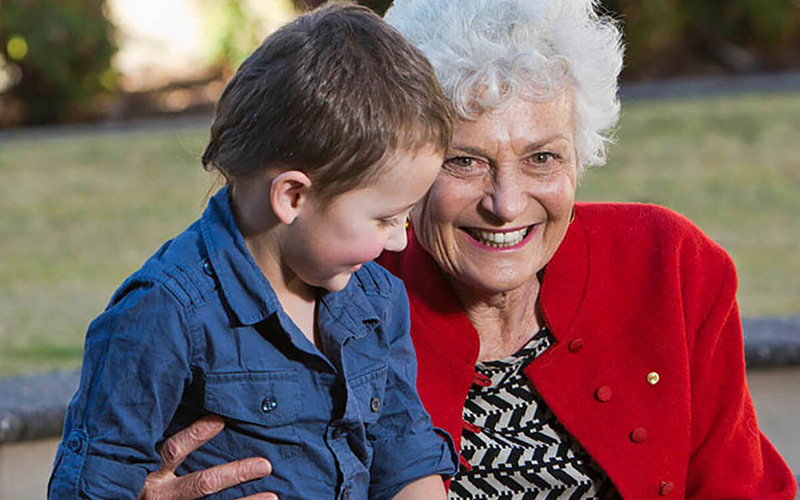Search
Research
Occurrence of psychosis and bipolar disorder in adults with autism: A systematic review and meta-analysisEvidence suggests that individuals with autism spectrum disorder have increased rates of co-occurring psychosis and/or bipolar disorder. Considering the peak age of onset for psychosis and bipolar disorder occurs in adulthood, we investigated the co-occurrence of these disorders in adults with autism.
Research
Multilocus Sequence Typing Reveals Extensive Genetic Diversity of the Emerging Fungal Pathogen Scedosporium aurantiacumScedosporium spp. are the second most prevalent filamentous fungi after Aspergillus spp. recovered from cystic fibrosis (CF) patients in various regions of the world. Although invasive infection is uncommon prior to lung transplantation, fungal colonization may be a risk factor for invasive disease with attendant high mortality post-transplantation. Abundant in the environment, Scedosporium aurantiacum has emerged as an important fungal pathogen in a range of clinical settings.
Research
Characteristics of patients ≥10 years of age with diffuse intrinsic pontine glioma: a report from the International DIPG/DMG RegistryDiffuse intrinsic pontine gliomas generally occur in young school-age children, although can occur in adolescents and young adults. The purpose of this study was to describe clinical, radiological, pathologic, and molecular characteristics in patients ≥10 years of age with DIPG enrolled in the International DIPG Registry.
Research
Friendly schools’ bullying prevention research: Implications for school counsellorsBullying varies in frequency, intensity, duration and hence severity, and contributes uniquely and directly to mental health problems, with severe and long-lasting consequences. Almost a half of school-age students report being bullied in the past year.
Research
Risk factors and disease severity in Australian infants aged under 6 months hospitalised with influenza 2011–2019Infants aged <6 months are vulnerable to severe influenza disease and no vaccine is approved for use in this age group. We aimed to describe the epidemiology, risk factors associated with severe outcomes and management of influenza in Australian infants aged <6 months.
Research
Inhibition of the master regulator of Listeria monocytogenes virulence enables bacterial clearance from spacious replication vacuoles in infected macrophagesA hallmark of Listeria (L.) monocytogenes pathogenesis is bacterial escape from maturing entry vacuoles, which is required for rapid bacterial replication in the host cell cytoplasm and cell-to-cell spread. The bacterial transcriptional activator PrfA controls expression of key virulence factors that enable exploitation of this intracellular niche.
Research
A screening tool to identify risk for bronchiectasis progression in children with cystic fibrosisThe marked heterogeneity in cystic fibrosis (CF) disease complicates the selection of those most likely to benefit from existing or emergent treatments. We aimed to predict the progression of bronchiectasis in preschool children with CF.

News & Events
The Kids celebrate neurodiverse leader selected for prestigious STEM programA remarkable Institute leader will join a cohort of 25 STEM-qualified women to take part in the prestigious 2024 Women in Leadership Development (WILD) program.

News & Events
Getting through to young people on sun safety and vapingResearchers from The Kids Research Institute Australia and Cancer Council WA will team up on two projects aimed at identifying the most effective public health messaging for young people around SunSmart behaviours and how to stop vaping.

News & Events
OPINION: Fiona Stanley and Dan McAullay: Close the Gap focus ignores positivesThis opinion article was originally published in the West Australian on July 20, 2023.
